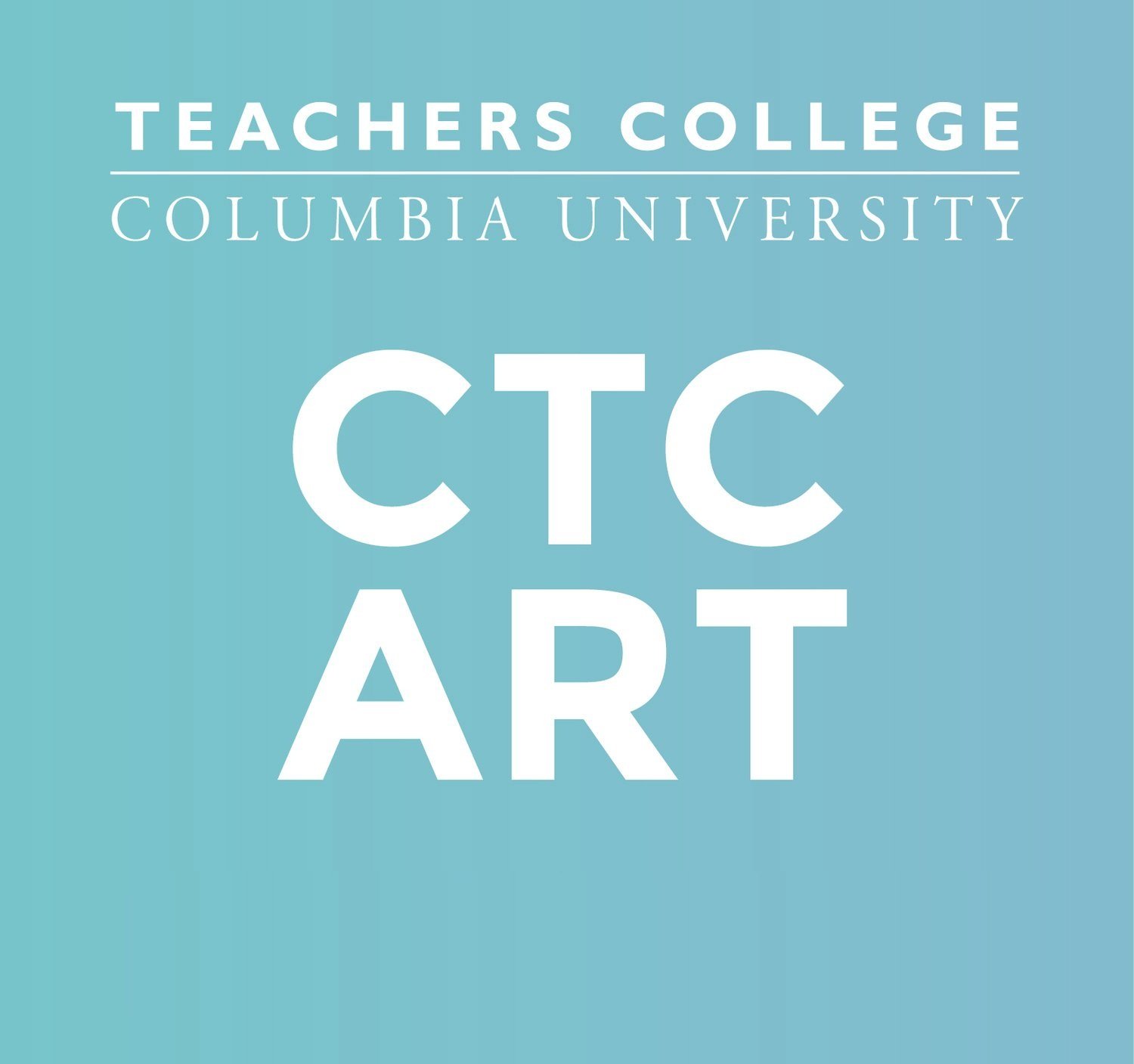Announcing Art-A-Hack™ Special Edition 2018
Art-A-Hack™ Special Edition 2018 is a themed collaborative creation between groups of artists/engineers, designers/makers, or whatever combination arises based on your project proposals. The two themes explored in this Special Edition are:
- Climate Change: Data & Disinformation
- Emotionally Intelligent Artificial Intelligence & Brain Computer Interfaces
Read the Open Call below for more detail on the themes and on the summer program we have lined up. Previous years of Art-A-Hack included inventions, installations, collaborations and performances — learn about previous projects here, or watch our summation video for inspiration.
Open Call
Here’s the deal: We are seeking coders, artists, scientists, makers and dreamers to form short-term teams that will meet over four Saturdays between June 9 and July 7 (with a break for the July 4th holiday), and a final presentation at CUNY City Tech in downtown Brooklyn on July 13th.
We will provide space, equipment, facilitation and advice, and a stellar showcase opportunity at the amazing City Tech theater. During four weekends we will co-create on site at ThoughtWorks, Floor 15, 99 Madison Ave between E. 29 and E. 30th Street, New York 10016. There will be a pre-event social on June 7.
How to apply
To apply, fill out the application now for this special dual themed Art-A-Hack. Please consider how your application might support or lead in one of our two themes, outlined below.
Describe a project idea you want to try, the technologies you’d like to get into, and/or the skills you have to contribute to an already existing project. If you are an artist and do not have tech skills, that is OK. Conversely, if you are a programmer and don’t have any compelling ideas, that is OK as well.
If you have any special equipment you would like to contribute, we welcome you to tell us. When we receive your applications, we will match you up with others to help you achieve your ambitions.
Each year we group people together around the most compelling proposals. This means your specific idea may not be selected, in which case we will try to find you a team and a project which matches your skills and interests. This is an ad-hoc process, and we can’t always match everybody to teams, but we work hard to create aligned teams and have had great results from this process in the past.
Themed Areas
1) Climate Change: Data & Disinformation
How can data make climate change less abstract? Scientists warn that drastic and immediate action is necessary to avoid catastrophe. Studies show that most people support bold climate action, but don’t place it as high on their list as near-term concerns, like jobs, healthcare and schooling. This themed area of Art-A-Hack™ Special Edition is tasked with exploring how climate data and its representations can move from abstraction to urgency.
2) Emotionally Intelligent Artificial Intelligence and Brain Computer Interfaces
Emotionally Intelligent Artificial Intelligence like IBM Watson and Google APIs are primarily text based. Brain Computer Interfaces (BCIs) deploy EEG signal readings to assess different brainwave states. This themed area of Art-A-Hack™ Special Edition is tasked with exploring the relationship of these two seemingly disparate systems to make the biophysical interact with the algorithmic.
Dates for your calendar
Here’s a list of scheduled dates to mark off in your calendars. Please make sure if you are going to apply that you are available for all of the listed dates!
- May 8 (midnight)— Deadline for applications
- June 7 (6pm-9pm)— Pre-event Social
- June 9 (10am-6pm)— Co-creation Day 1
- June 16 (10am-6pm)— Co-creation Day 2
- June 23 (10am-6pm)— Co-creation Day 3
- July 7 (10am-6pm)— Co-creation Day 4
- July 13 (6pm-10pm)— Presentation at City Tech, 300 Jay Street, Brooklyn
Equipment available
Note: More is potentially available on request.
Virtual Reality
- Oculus Rifts (Development and Consumer versions)
- Full HTC Vive setup
- Powerful VR computers with Unity3D
Video & 3D Video
- GoPro-based 3D video rig
- GoPros RGBDToolkit (for Xtion, Kinect 1)
- DepthKit (for Kinect 2)
- Webcams
Brain-Computer Interface
- Muse Headset
- Emotiv EPOC+ with EEG data
- OpenBCI
Body Interface
- Leap Motion
- Kinect 1, Kinect 2
- Myo Armband
- Intel SR-300 RealSense Camera
- More on request
Drone
Electronics
- Raspberry Pi 1, 2, 3 & variants
- LittleBits Arduino (LilyPad, Uno, etc)
- BeagleBone Studio with soldering facilities
- Various shields, sensors, actuators, components (we can order more if required)
Presentation Facilities
- Projectors
- Touchscreen monitor
- PA/Sound system
This is just a partial list, and we will be adding more equipment before the start of Art-A-Hack.


